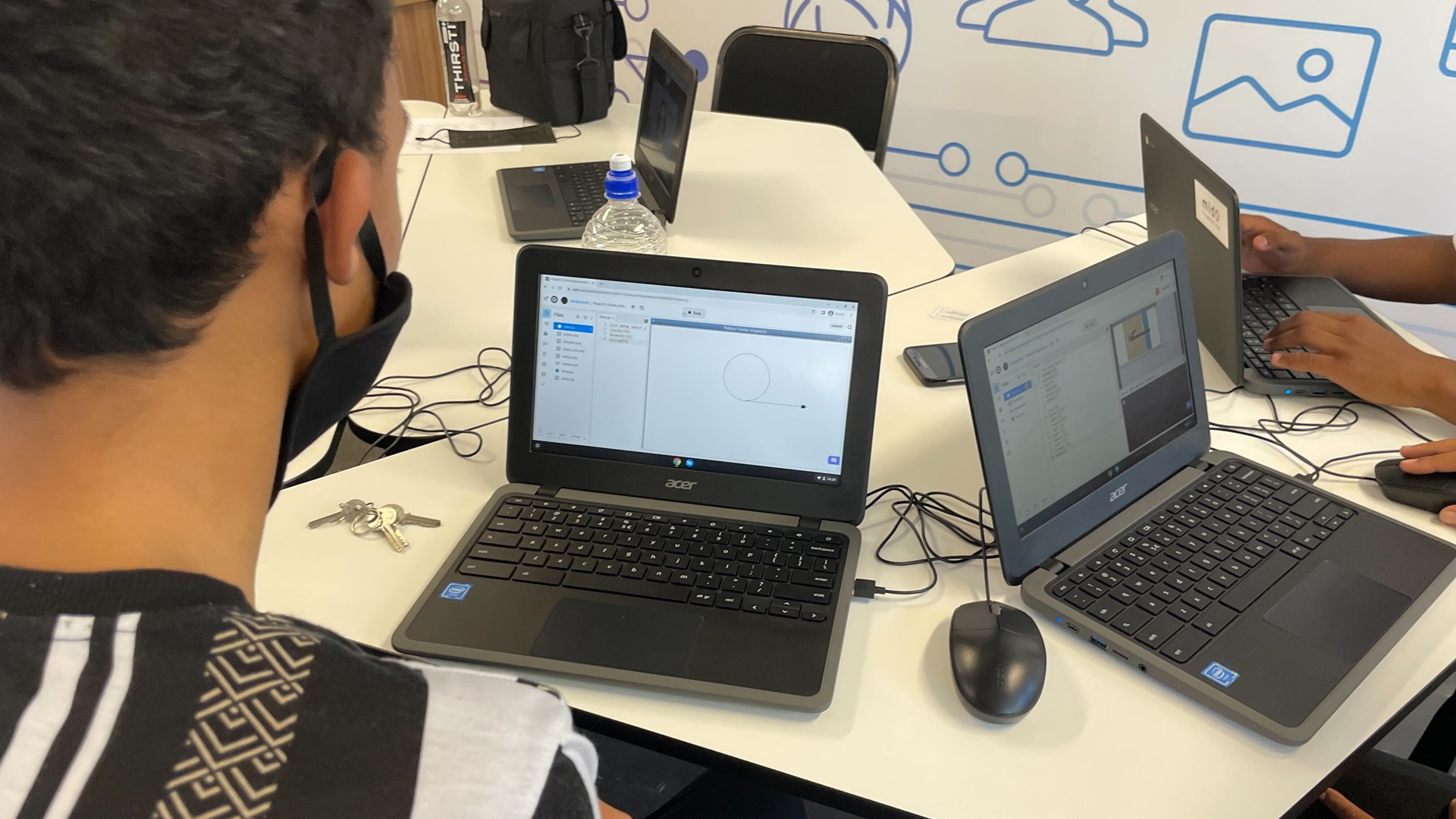- Founder and CEO of Mindjoy Gabi Immelman argues that there needs to a greater focus on AI and robotics in education.
- On this many government experts agree but caution still appears to be driving the decision making in this regard.
- AI can also help teachers and address shortfalls such as a lack of educators at schools but won’t entirely replace teachers just yet if ever.
Not to give away my age but growing up, education about computers centred around learning how to use Microsoft Office and not much else. The idea that one day most jobs would centre around a computer was unheard of at the time. It was the early 2000s, shortly after folks panicked that the Millenium Bug would upend everything so computers didn’t have the best rep.
Fast forward to the present day and technology forms a central part of many schools and the curriculum itself. However, even just in the last two years, technology has evolved in leaps and bounds. The advent of generative artificial intelligence has changed the game completely and there is potential for education to be left behind if it doesn’t adapt.
The Department of Basic Education has said it will implement robotics and coding into the curriculum but by then, who knows what technological innovations we’ll see.
“Currently, AI and robotics are not extensively integrated into the education curriculum. However, we are encouraged by the growing recognition of its importance in fostering STEM skills and preparing students for the future workforce,” says Gabi Immelman, founder and chief executive officer at Mindjoy.



“Schools need to give students the skills to engage with these tools, use them effectively, understand their limitations and gain mastery over technologies that will be as ubiquitous to future careers as spell check is to us,” the CEO states.
As we’ve highlighted on numerous occasions, while AI may replace some jobs, this may be offset by a demand for professionals who can harness the power of AI, create models, train models, and develop applications for folks to use. AI should be seen as a tool that can help much like a tractor made farming more efficient.
This extends to teaching where educators can use the power of AI to craft lessons, help individuals who may be struggling and more.
“Teachers can use AI to make a profound difference in education by harnessing the capabilities of knowledgeable bots that can converse and rapidly adapt to the changing needs of the student or teacher. It’s not about sitting students in front of ChatGPT, but rather using AI tools that are designed to be pedagogically sound and transparent in their interactions with students,” opines Immelman.
The CEO is careful to note that AI isn’t a replacement for teachers and students still need to be guided along their educational journey. However, where there are problems such as a lack of substitute teachers or simply not enough educators, AI can help to plug those gaps cost-effectively.
You can find out more about how Mindjoy helps in that regard with its AI tools here.
The government is well aware of how AI is changing the world and last week deputy minister of Higher Education, Science and Innovation, Buti Manamela spoke on how the technology could benefit education.
“Traditional educational paradigms are undergoing a seismic shift, as AI-driven tools and platforms augment and, in some cases, replace conventional methods of teaching and learning. Intelligent tutoring systems, adaptive learning algorithms, and personalised educational experiences powered by AI have the potential to cater to the unique needs and learning styles of individual students, fostering a more inclusive and effective educational environment,” Manamela said.
Of course, this is an election year and we’re sure most politicians have been told which talking points to emphasis but from where we’re sitting the private and public sectors appear to agree that AI is the path forward right now.
The trouble here is that AI is the latest in a long line of technological lemons. Over the last few years cryptocurrencies, blockchain, NFTs, the metaverse, VR and AR and countless other innovations have been portrayed as the future. While some of these have found a modicum of popularity, we haven’t ever seen a surge in demand for metaverse architects.
As such a cautious approach to AI is warranted but let’s not wait too long and leave future generations at a disadvantage.

